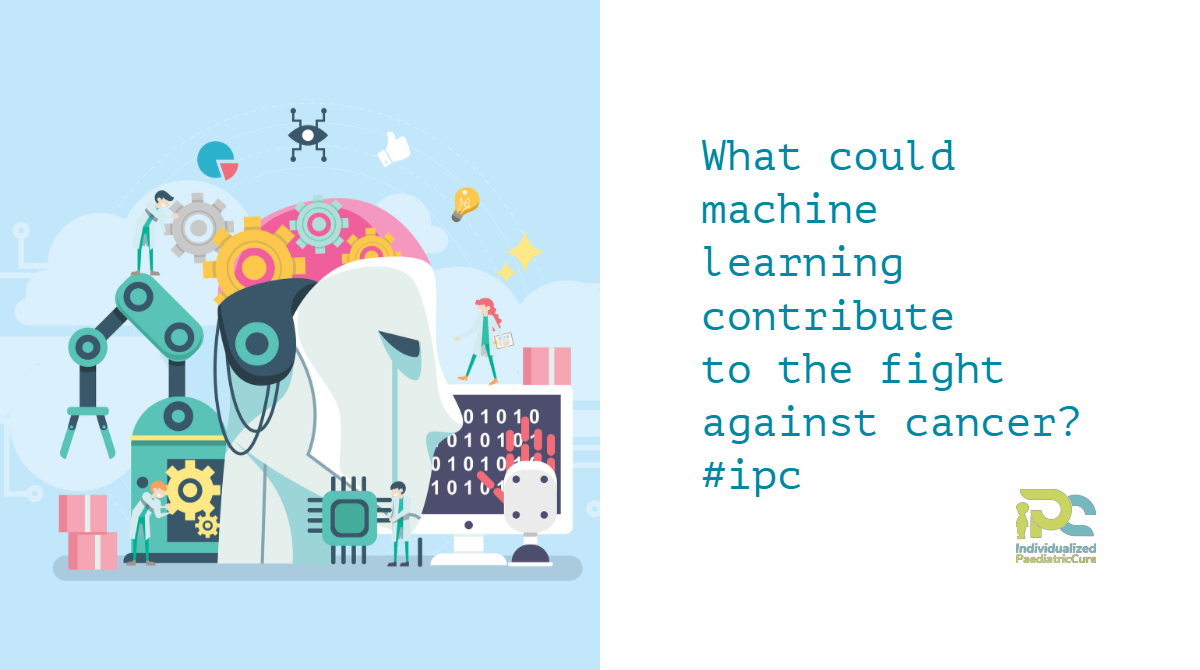The search for more effective anti-cancer drugs is a continuous global effort, strongly involving both academia and industry. With an estimated 18.1 million new cases and 9.6 million deaths in 2018, the World Health Organization, listed cancer as the second leading cause of death worldwide.
To advance the research of cancer drugs and treatment, more in-depth information about the disease is needed. What if machine learning methods were the answer to deepening our knowledge and accelerating cancer research? At this year’s ISMB/ECCB conference scientists from the Computational Systems Biology group at the IBM Research – Zurich publicly introduced for the first time three novel AI tools that can unveil the leading drivers and molecular mechanisms of complex diseases like cancer. The algorithms have been developed or refined in the context of a EU project on pediatric cancer care, iPC, a consortium effort involving institutions from Europe, USA and Australia. iPC focuses on collecting, standardizing and harmonizing clinical knowledge and medical data and, with the help of artificial intelligence, create treatment models for patients.
The research team gave workshops, presented three papers and demonstrated their open source anti-cancer AI tools (PaccMann, INtERAcT, PIMKL) at a booth, using an interactive touchscreen. From detecting the differences in tumor composition occurring across various cancer types to predicting and explaining the efficacy of drugs, these tools have the potential to shed light on the dark corners of cancer and equip industry and academia with the necessary knowledge to develop new treatments and therapies. In addition to high booth traffic and connecting with potential collaborators, the team’s research made the news worldwide. Read more here.
